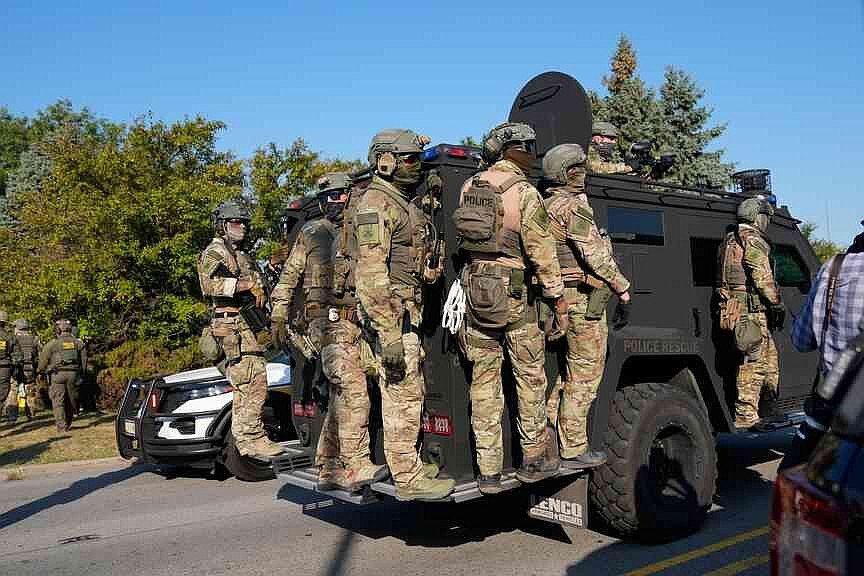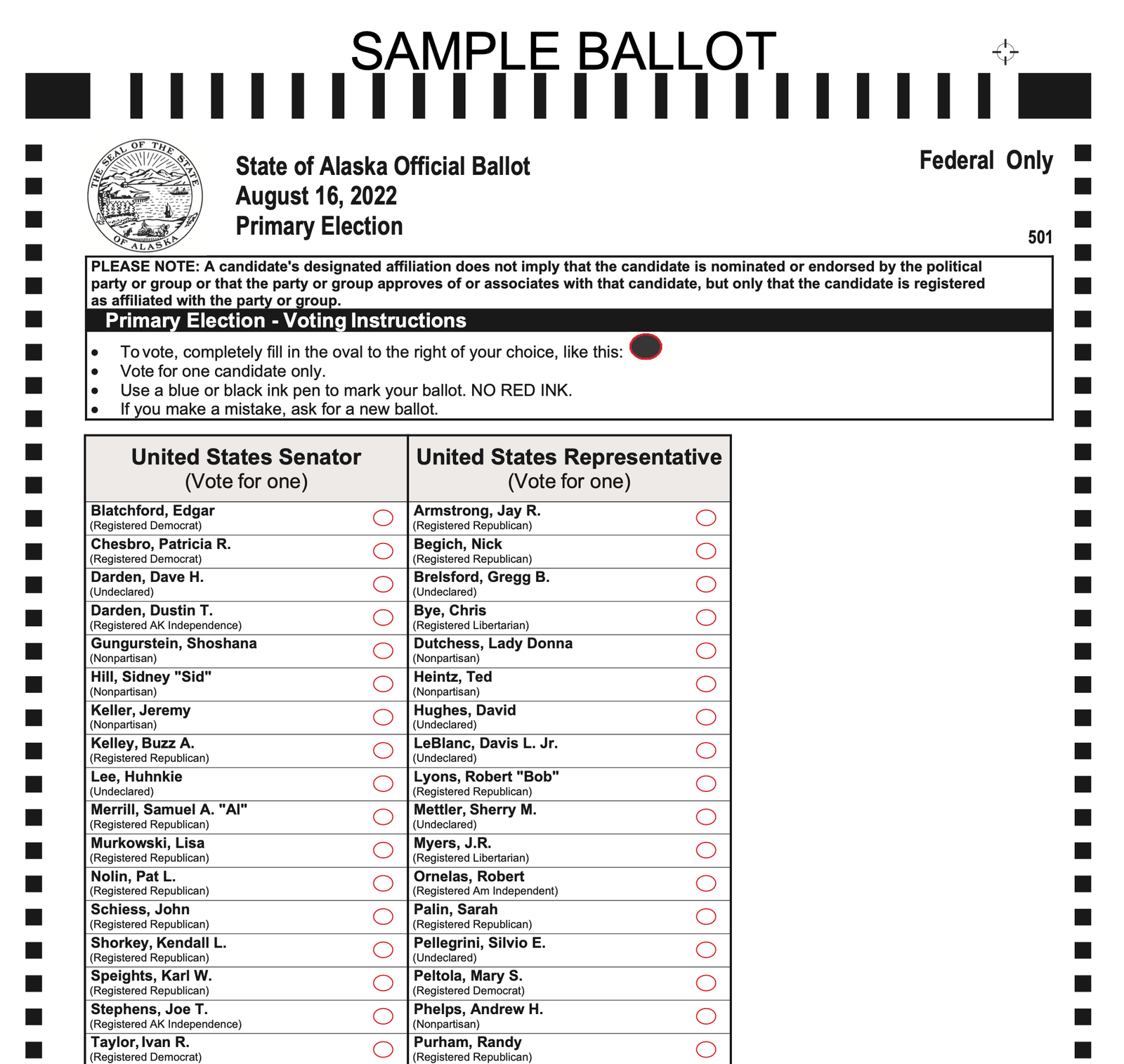🇺🇸 U.S. Domestic: Trump orders National Guard deployment in Chicago while judge blocks Portland plan

What’s happening
- President Trump has authorized deployment of 300 Illinois National Guard troops to Chicago, citing threats to federal personnel and infrastructure amid protests and immigration enforcement operations. The Guardian+2The Guardian+2
- Simultaneously, a federal judge in Oregon, Karin Immergut, issued a temporary restraining order blocking the administration’s plan to deploy 200 Oregon National Guard members to Portland. The judge ruled that the evidence did not support such a deployment and cautioned against executive overreach. Oregon Capital Chronicle+4Reuters+4AP News+4
- The Trump administration promptly filed an appeal to the Ninth Circuit. The Guardian+3AP News+3opb+3
- Oregon state and city officials had sued, arguing the deployment violated state sovereignty under the 10th Amendment and that the protests in Portland were relatively peaceful and not a justification for military intervention. opb+3Reuters+3AP News+3
- Governor JB Pritzker (Illinois) criticized the Chicago deployment, calling it a “manufactured performance” rather than a genuine public safety measure. The Guardian+1
- The context includes disputes over immigration enforcement in Chicago: the deployment follows an incident in which Border Patrol agents shot a woman; authorities claim the vehicle had surrounded them. The Guardian+2Al Jazeera+2

Context & background
- Over recent months, the Trump administration has repeatedly threatened or attempted to deploy federalized forces (including the National Guard) to U.S. cities, especially those under Democratic leadership, citing public safety, protests, or immigration enforcement as justification. Al Jazeera+3opb+3AP News+3
- Courts have sometimes pushed back. In June, a federal judge ruled against a similar deployment to Los Angeles, noting limits on executive authority and protections against using the military for domestic law enforcement. opb+1
- The constitutional issues center on separation of powers, the Posse Comitatus Act (which restricts military involvement in domestic law enforcement), and state sovereignty under the 10th Amendment. Judges generally grant “deference” to the President in national emergencies or enforcing federal law, but they also require that the facts justify such interventions. The Guardian+3opb+3AP News+3
- In Portland’s case, the judge found that the administration’s portrayal of widespread violence was not supported by the record. She noted protests were small and nonviolent for the most part, and that deploying troops without clear justification could set dangerous precedents. The Guardian+3AP News+3opb+3
Implications & outlook
- Legal limits vs. executive ambitions: This case is a litmus test for how far the White House can go in using federal forces to override local or state objections. The Ninth Circuit’s response—or potential Supreme Court appeal—will be key.
- Tactical pivot: With the Portland route blocked (at least temporarily), the administration is shifting focus to cities like Chicago, where it may argue a more defensible case involving border/immigration operations.
- Political risk: Deploying troops domestically is controversial. Critics will likely cast it as an overreach or political showmanship, while supporters will praise it as asserting federal authority.
- Duration & enforcement: The restraining order runs until Oct. 17 (pending extension). The administration may push forward aggressively through appeals and other legal strategies. Oregon Capital Chronicle+2opb+2
- Precedent: The outcome may either embolden or restrain future administrations’ use of the National Guard or federal forces in domestic unrest or crises.





